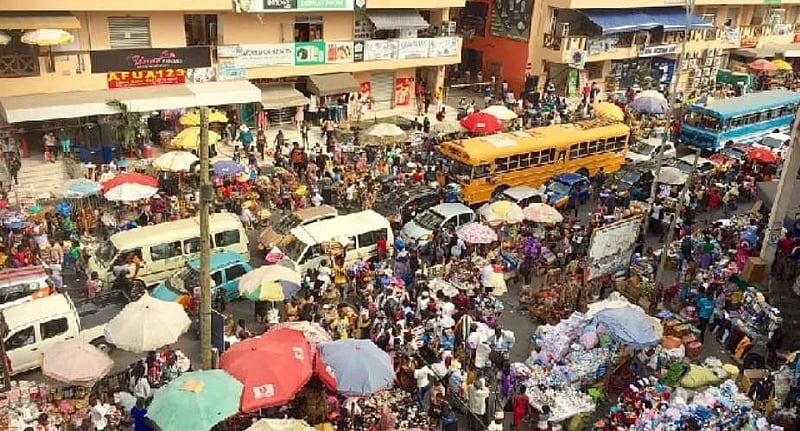The brewing conflict between traders and commercial transport operators in Ghana’s Ashanti Region highlights the complex interplay of economic pressures, urban planning challenges, and regulatory enforcement. The impending protest by transport operators, scheduled for May 19, 2025, stems from their frustration with unauthorized roadside trading, which they argue impedes traffic flow and negatively impacts their income. They cite Regulation 117 of the Road Traffic Regulations, 2012 (LI 2180) as justification for their demands, urging authorities to address the issue or face a nationwide strike. This planned action has ignited a counter-argument from traders who feel unfairly targeted and misunderstood, setting the stage for a potential showdown with wider implications for the region’s economic activity.
The traders’ perspective reveals a deeper issue – the lack of adequate market space to accommodate their businesses. They argue that roadside trading is not a matter of choice but a necessity born out of limited options. The scarcity of designated market areas forces them onto pavements and roadsides, creating the very congestion that transport operators are protesting. This highlights a critical failure in urban planning and resource allocation, where the provision of sufficient trading spaces has not kept pace with the growing number of traders seeking to earn a living. The traders see the transport operators’ protest as misdirected, arguing that the focus should be on addressing the root cause of the problem – the lack of adequate market infrastructure – rather than penalizing those forced to operate in less-than-ideal circumstances.
The clash underscores the delicate balance between competing economic interests in a rapidly developing urban environment. While the transport operators’ concerns about traffic congestion and its impact on their livelihoods are valid, the traders’ plight reveals a systemic issue that requires a more comprehensive solution. Simply removing roadside traders without providing alternative spaces would not only disrupt their income but also potentially exacerbate the problem by pushing them into even more precarious and informal trading arrangements. This could further complicate traffic management and create new challenges for urban authorities.
The call by traders for the construction of new markets and the completion of stalled market projects is a plea for a more sustainable solution. Investing in market infrastructure would not only provide designated trading spaces but also contribute to a more organized and efficient urban environment. This, in turn, could alleviate traffic congestion, improve sanitation, and provide a safer and more regulated environment for both traders and consumers. Focusing on long-term solutions rather than short-term fixes is crucial for addressing the root causes of the conflict and fostering a more harmonious and productive economic landscape.
The government’s role in mediating this conflict and implementing effective urban planning strategies is paramount. Addressing the concerns of both transport operators and traders requires a multi-faceted approach that includes enforcing existing regulations while simultaneously investing in the development of adequate market infrastructure. This involves streamlining bureaucratic processes, securing funding for market construction projects, and ensuring that these projects are completed in a timely manner. Furthermore, engaging with both parties to understand their perspectives and develop mutually beneficial solutions is critical for achieving a sustainable resolution.
Ultimately, the clash between traders and transport operators highlights the need for a more holistic approach to urban development in Ghana. Addressing the underlying issues of insufficient market space, inadequate urban planning, and the challenges faced by informal sector workers is crucial for building a more inclusive and economically vibrant society. This requires a coordinated effort from government agencies, urban planners, and community stakeholders to create a sustainable and equitable urban environment that supports the livelihoods of all its citizens. Failure to address these issues will likely result in further conflicts and hinder the long-term economic development of the region.


